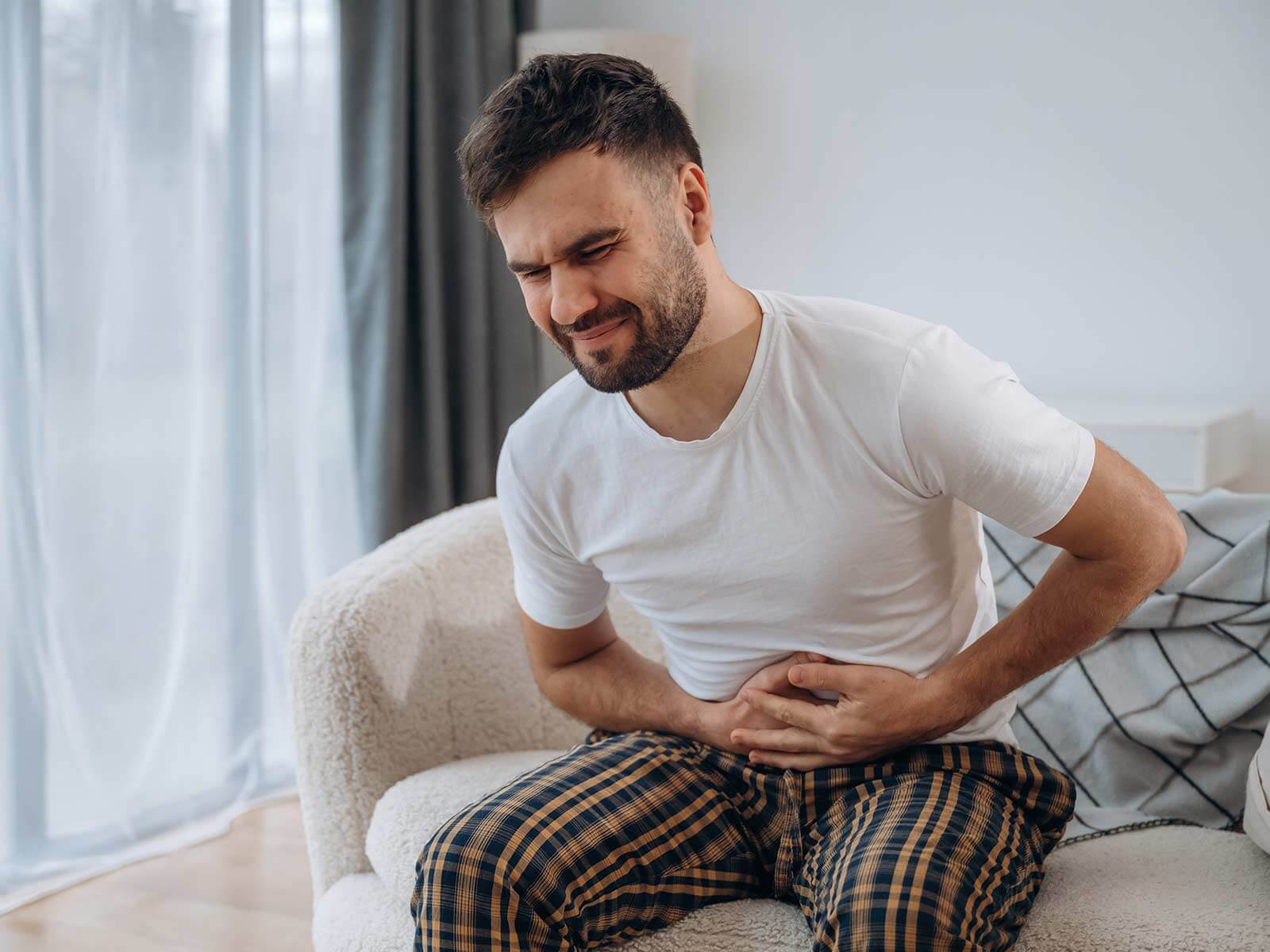
Lymphocytic colitis refers to inflammatory disease of the large intestin where the inner lining of the colon mucosa gets irritated although without mucosal ulcers and severe tissue destruction. It is not very severe, but in many cases, it leads to chronic diarrhea and stomach pain that can disrupt the normal course of life. It is a comparably rare disorder with an incidence of 5-10 cases/100,000 annually and most of them are not directly inherited, however, a history of bowel disease in the family can put you at risk of getting it.
Lymphocytic colitis can manifest in different ways but it often has following symptoms:
The exact etiology of lymphocytic colitis is not clear but a number of factors are believed to cause the disorder:
GastroDoxs in Katy is a place where we can deliver patient-centered care and a high level of expertise in the field of digestive health to diagnose and treat lymphocytic colitis with great competence. Our caring service creates an individual care plan which incorporates the most current diagnostics and effective drugs and lifestyle policies to find long term comfort. Call us or book your appointment today!
We've successfully treated more than 306 patients, helping individuals improve their digestive health and overall well-being through expert, personalized care.
With over 20 years of experience, GastroDoxs has been a trusted provider of gastroenterology care, focusing on delivering the best outcomes for patients
Inherited Bowel disorders are not directly inherited but a family history of bowel disorder may increase your chances of acquiring lymphocytic colitis.
Yes; lymphocytic colitis is less common than other types of colitis with approximately between5-10 individuals per 100,000 people being affected annually.
It is thought to have an unknown etiology, although some drugs (NSAIDs, antidepressants), excessive activation of the immune response, previous gut infections, genetics, smoking, and stress are likely causative factors.
A colonoscopy and biopsy is necessary to diagnose whereby, a higher number of lymphocytes are looked at in the tissue samples of the colon lining.
Budesonide is a topically acting steroid, which decreases colon inflammation with fewer side effects on the body than the conventional corticosteroids.
Select low-fat and soft foods like white rice, cooked vegetables, low-fat proteins, do not take high-fibre, spicy, greasy, or dairy food that would aggravate the symptoms.
No sure ways of preventing the lymphocytic colitis, but it is possible to avoid the risk of flare-ups by avoiding known triggers (some medications, smoking, stress, etc.).
The majority of the patients usually improve between four and eight weeks of the onset of proper treatment, including the use of budesonide.
Yes; visit a local gastroenterologist, who will guarantee timely diagnosis and a unique treatment strategy that would meet all your needs.
Yes; the lymphocytic colitis may recur again after treatment, and thus constant monitored treatment and maintenance therapy may be required.